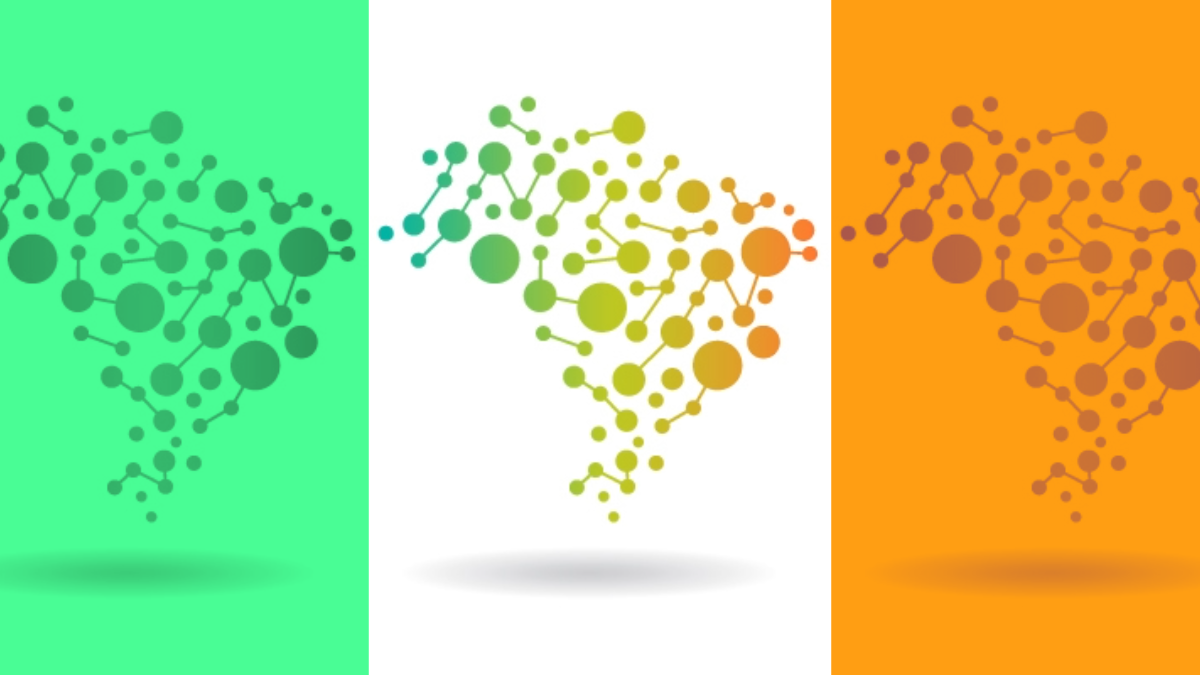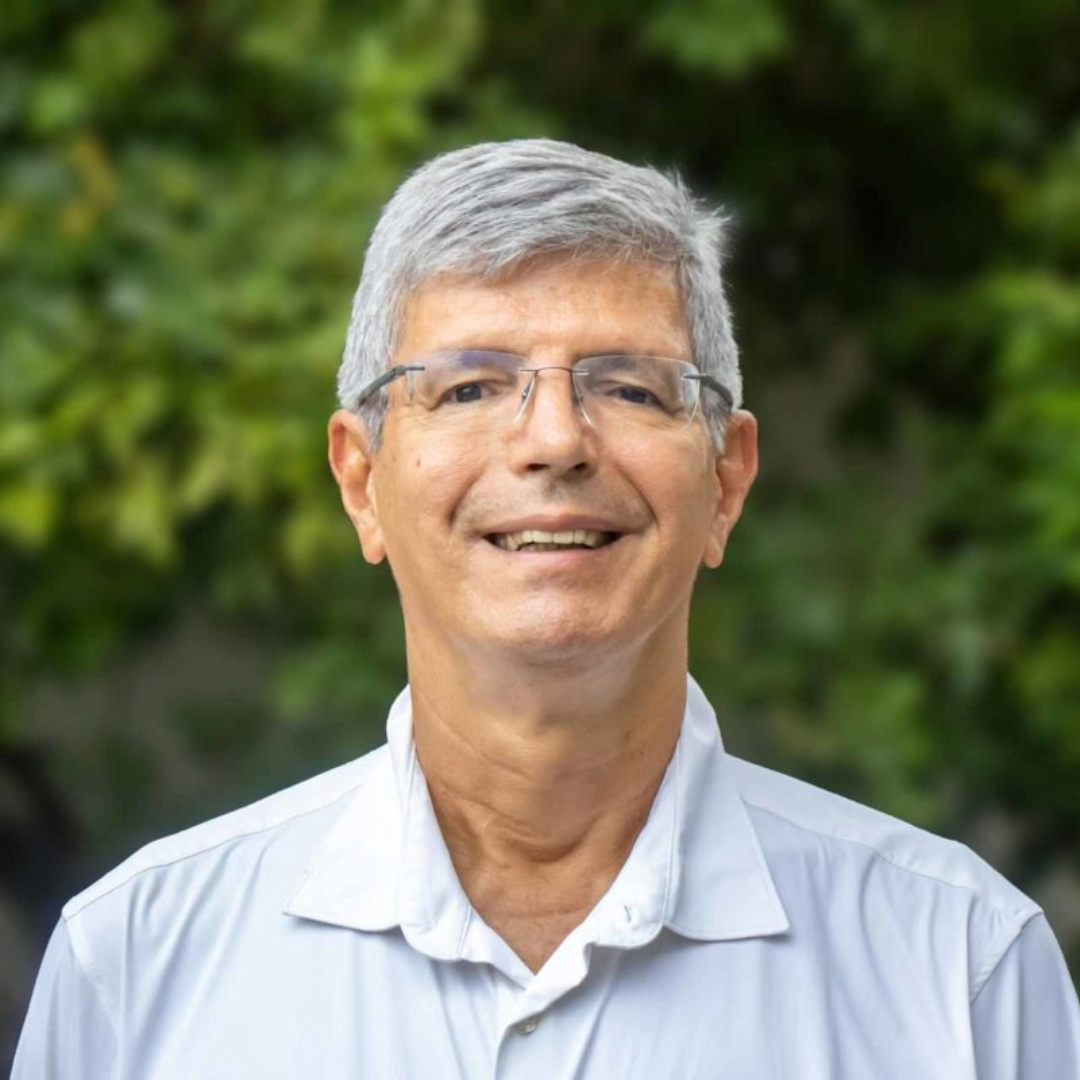Far-Right Seeks to Censor Science and Criminalize Researchers Studying Disinformation in Brazil
Roberto Medronho / Jun 14, 2024Roberto Medronho is a Rector at the Federal University of Rio de Janeiro. This op-ed was published in Portuguese in the Brazilian newspaper O Globo. It has been lightly edited for publication at Tech Policy Press.

An illustration of Brazil. Shutterstock
Last week we were surprised by a request for a public hearing in the Public Security and Organized Crime Committee in the Brazilian Congress, which aims to question the results of research conducted by Netlab, our renowned laboratory at the School of Communication of the Federal University of Rio de Janeiro (UFRJ). The request calls professors to the Public Security and Organized Crime Committee, hoping to censor science in Brazil by criminalizing their research. Therefore, this is not just an attack on the Federal University of Rio de Janeiro but on the entire Brazilian academic community.
The laboratory is being targeted over its research agenda, which addresses the problem of disinformation. Netlab's research, which has a special focus on socio-environmental issues and internet scams, has gained prominence in the main Brazilian media outlets in the last month due to the climate tragedy that occurred in Rio Grande do Sul (a large state in the south of Brazil), which left 160 dead and 629,000 people without homes due to flooding. The disaster was heavily affected by a fake news firehose campaign to manipulate public opinion and also by hundreds of thousands of scams requesting false donations, diverting help from the victims of the climate tragedy to fill the pockets of fraudsters. Furthermore, Netlab has distinguished itself over the years for producing numerous research studies of incalculable value to society. A source of great pride for UFRJ, the lab provides evidence using scientific methodology that supports public policies and assists managers and authorities in decision-making roles.
The request seeks to call into question the fact that the laboratory is funded by public and philanthropic foundation resources for its research. Indeed, most research generated in Brazil depends on public resources, and this should continue to be the case. However, public resources for research are scarce in light of the immense demands and challenges posed to cutting-edge scientific and technological development, especially for those requiring large-scale data processing and high investments. In this regard, we applaud all researchers, laboratories, and institutions that manage to supplement their budgets by presenting projects to public funds and highly competitive private national and international philanthropic foundations, as Netlab of UFRJ does.
This strategy follows a familiar playbook used in other countries by far-right agents aiming to censor science through parliamentary or congressional action. In this case, the goal is to inhibit studies on disinformation and pressure researchers to abandon their research topics during an election year, as will take place in Brazil in 2024. And it is precisely because we are familiar with this playbook, which recalls the darkest times of dictatorship in our country's history, that we reaffirm our commitment to independent research. We declare that we will not be intimidated by manipulations and threats to our university’s autonomy, academic independence, and freedom of research, which are the pillars of the Public University and a conquest of the democratic rule of law.
We will not tolerate censorship of scientific research, nor will we allow the criminalization of professors, researchers, and the academic community when research results are displeasing to anyone. We at the Federal University of Rio de Janeiro will continue our social mission to contribute to solving the problems of our society. Thus, we call on the Brazilian population to remain vigilant in defense of free science, without censorship and with the necessary resources, which is fundamental for the economic, social, and political development of our country and to guarantee national sovereignty.
Authors
